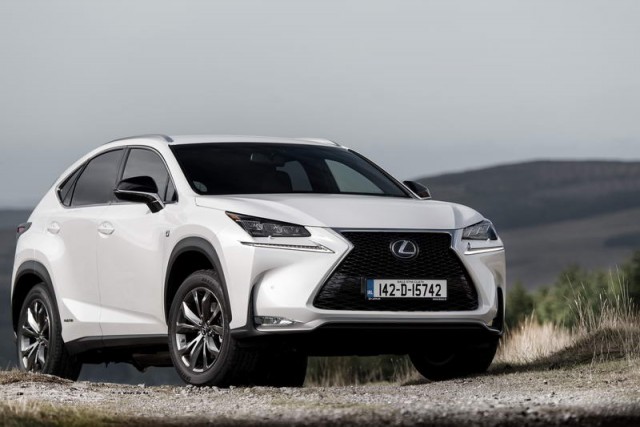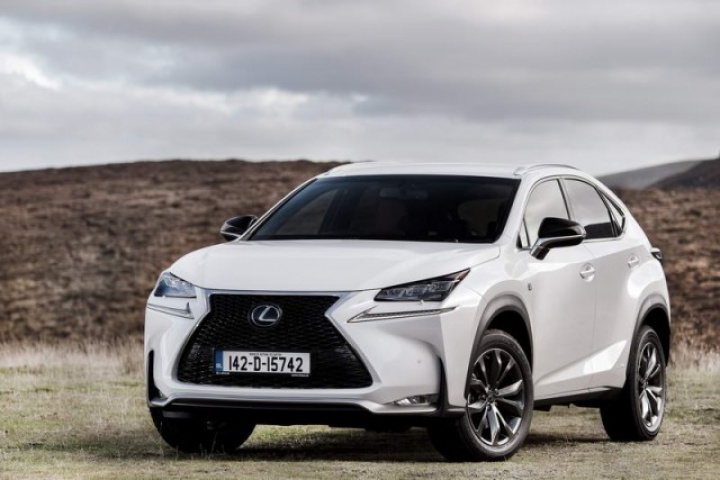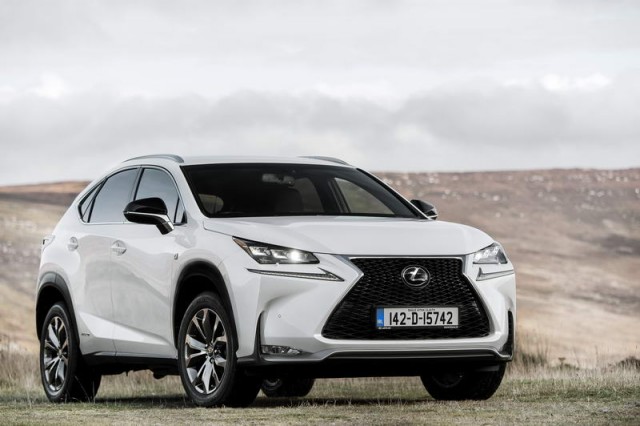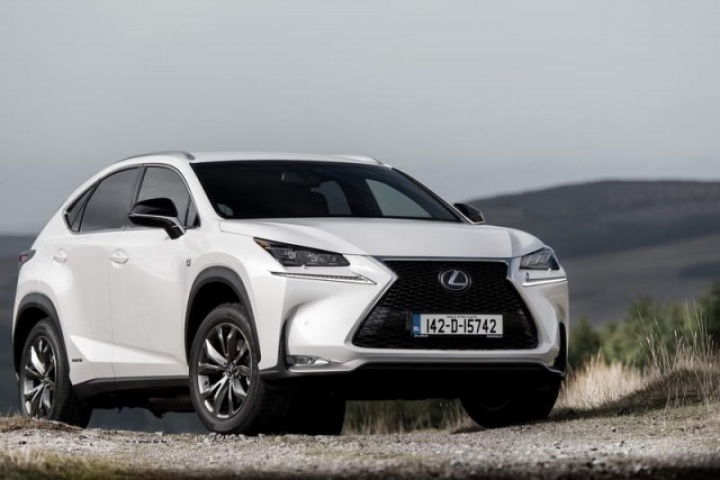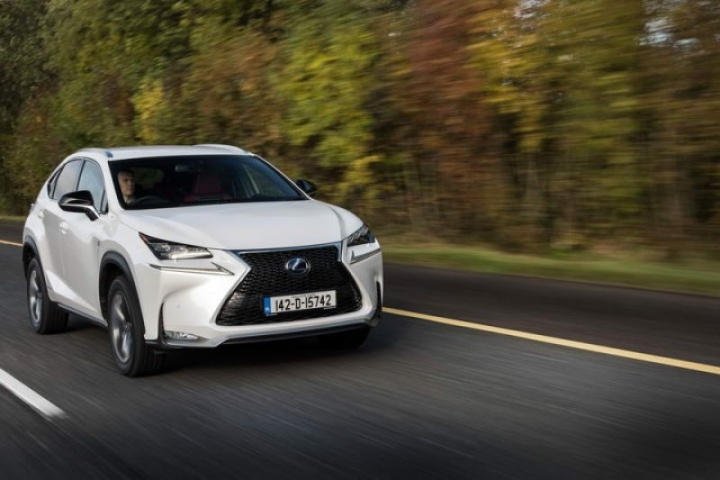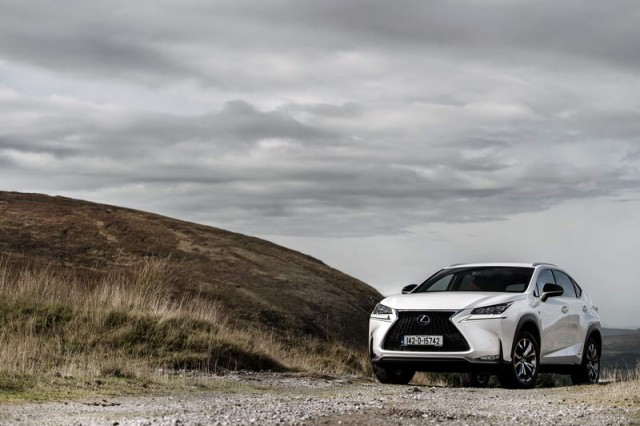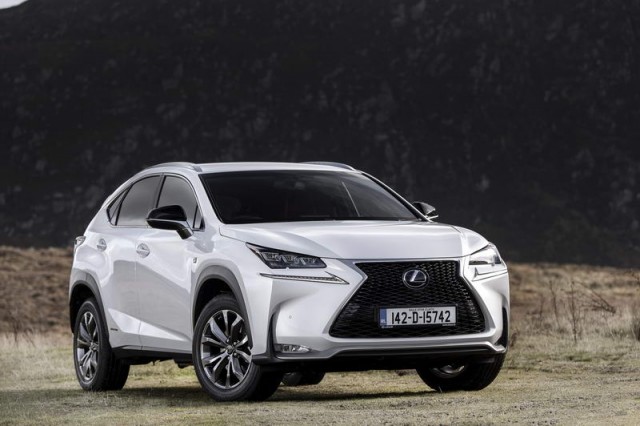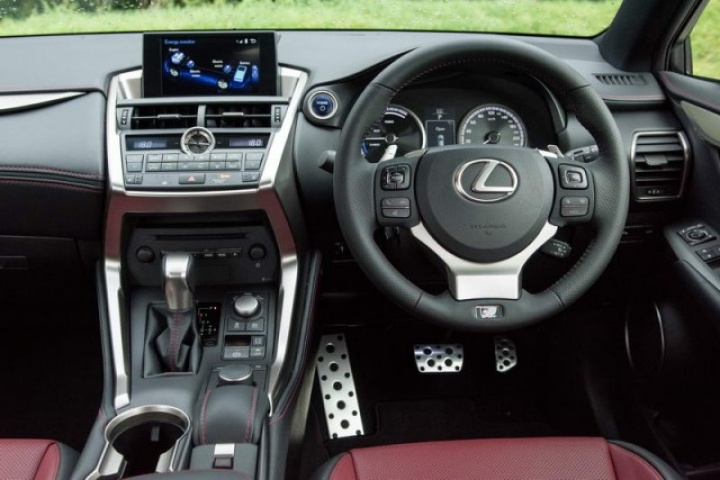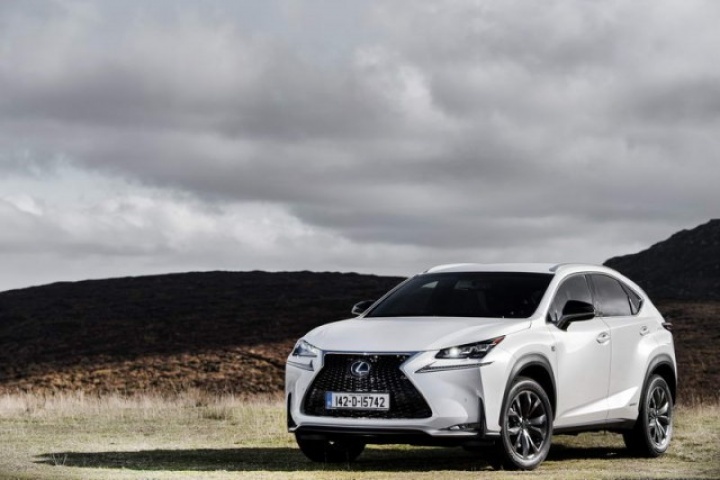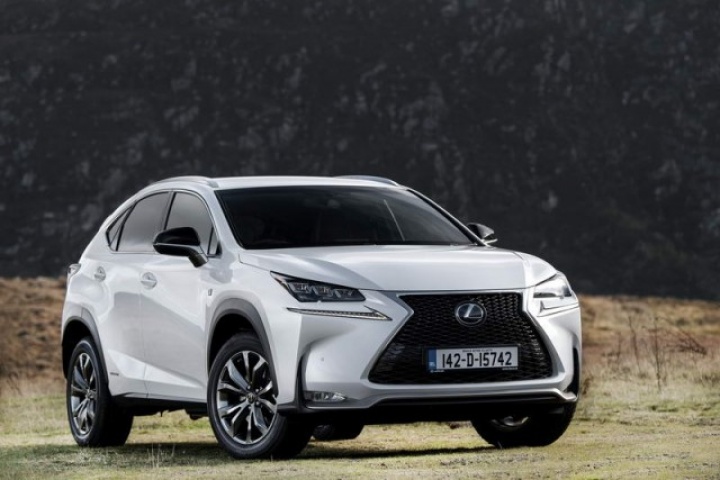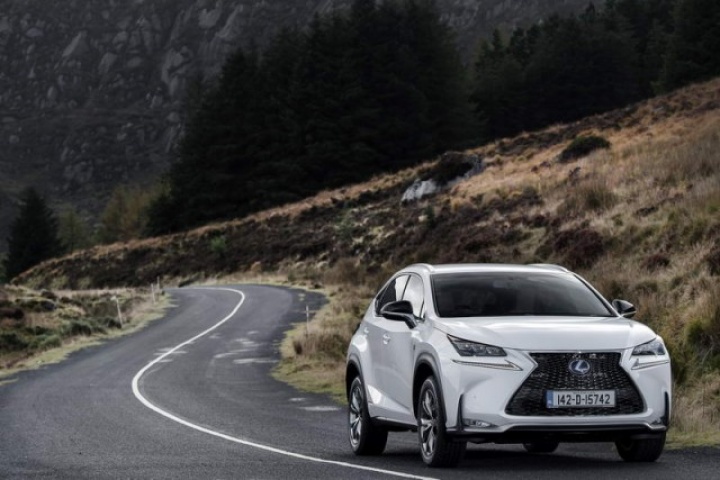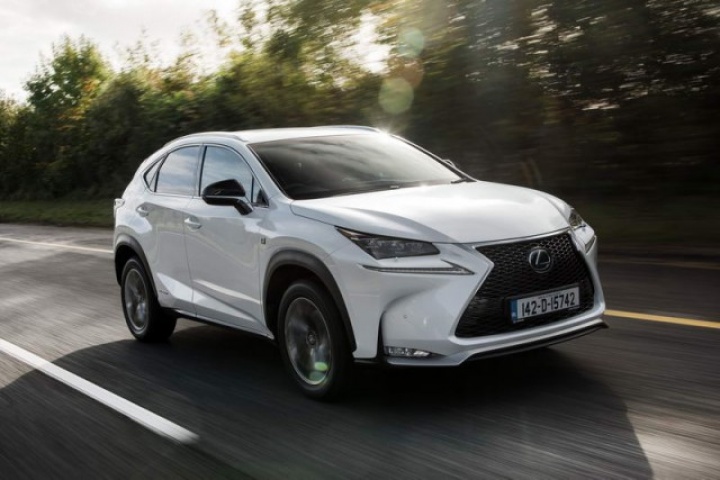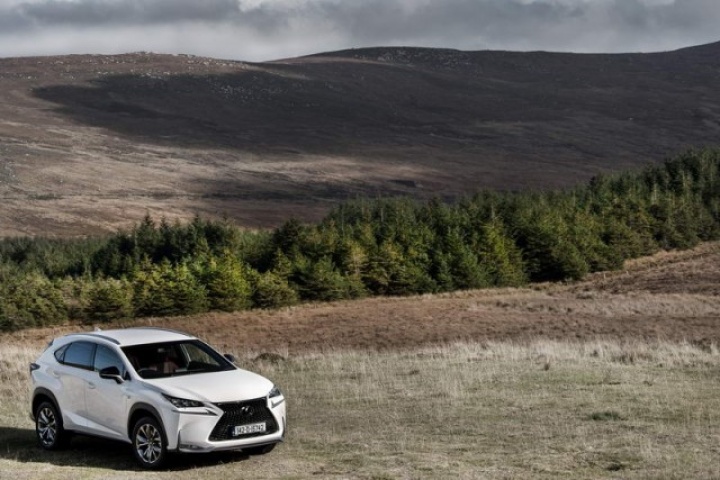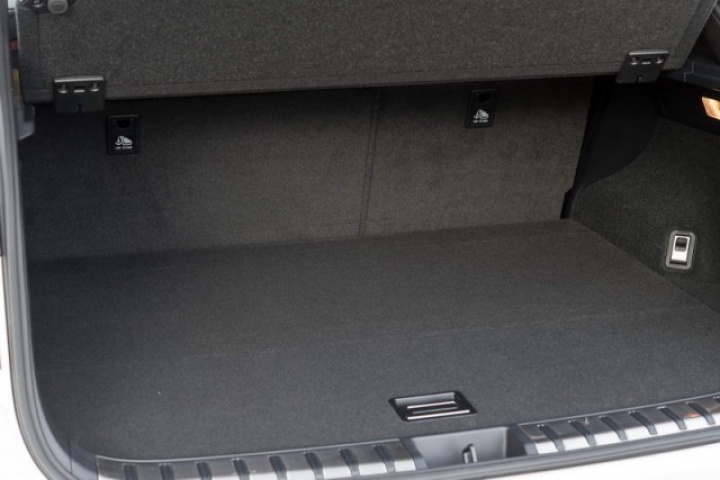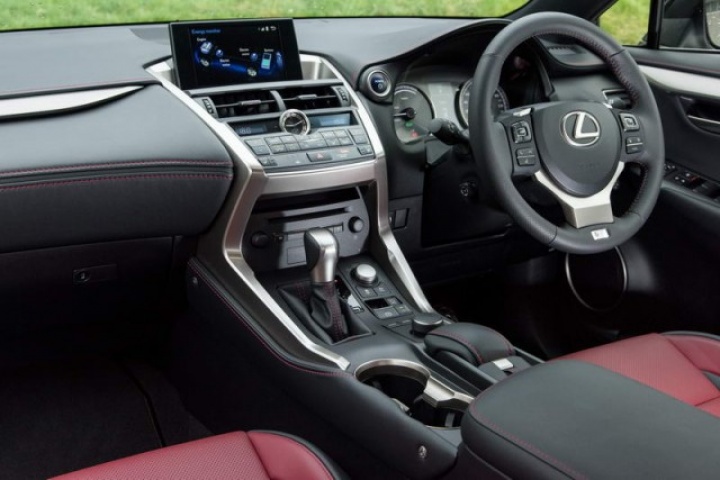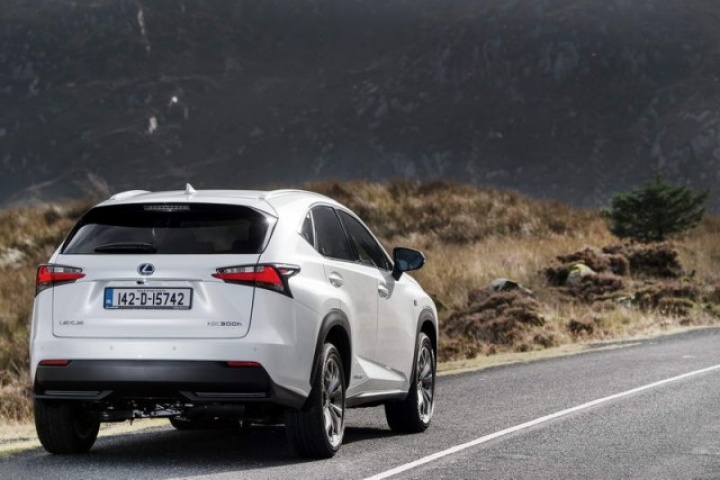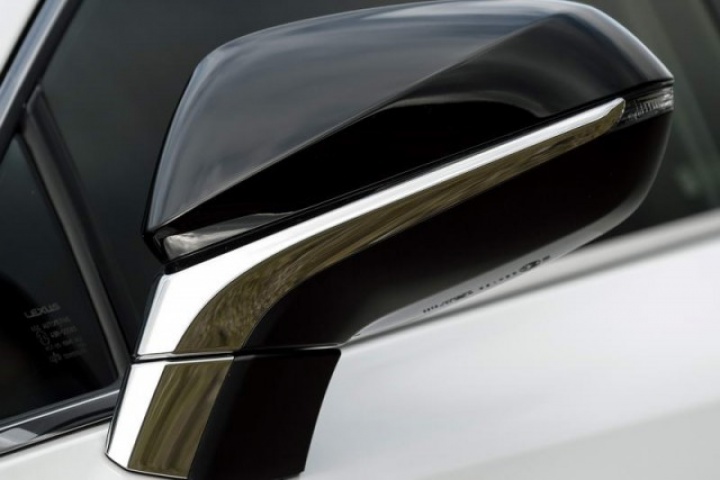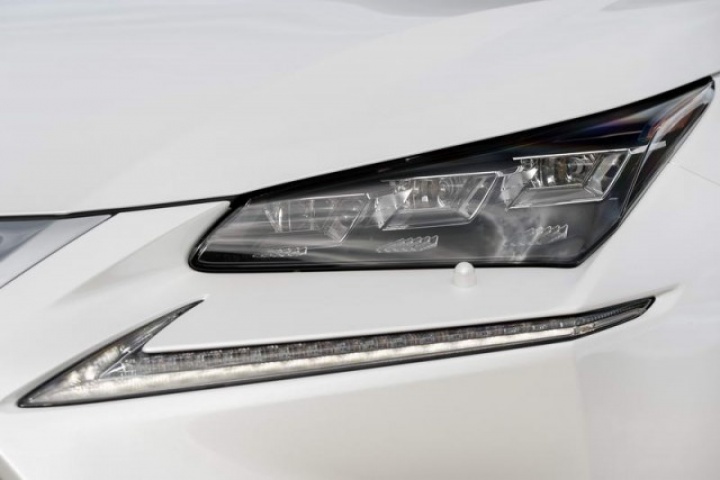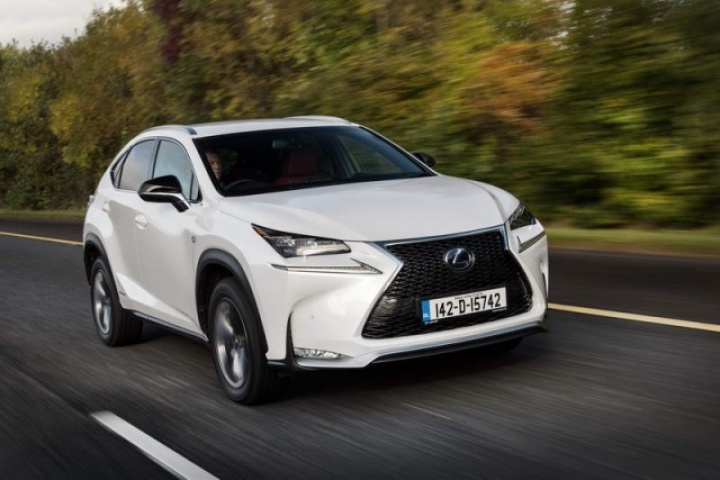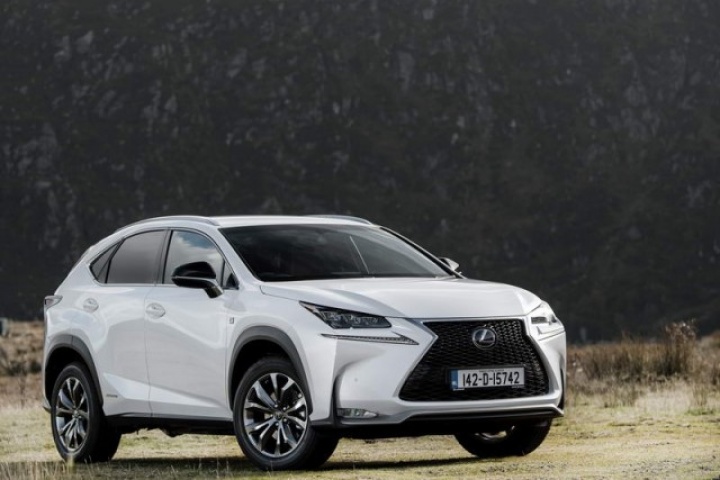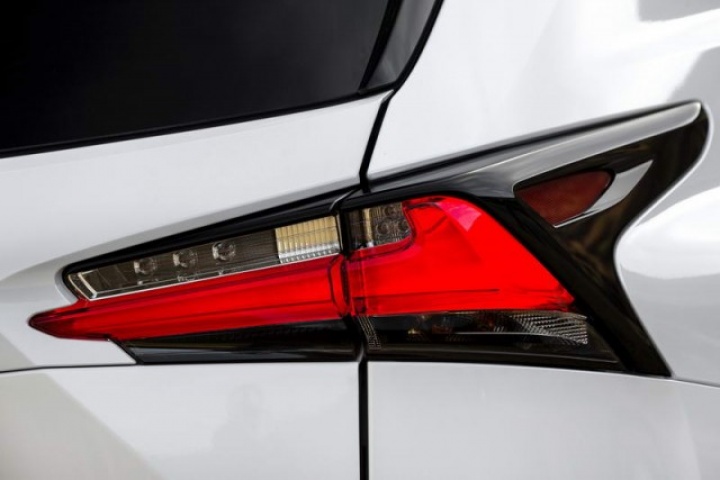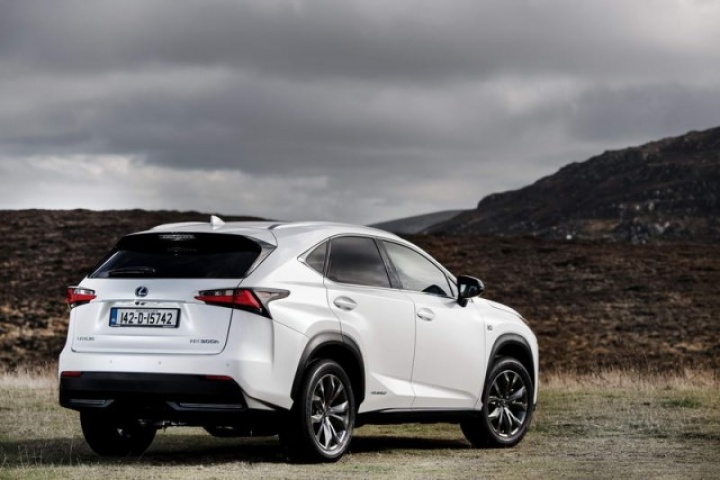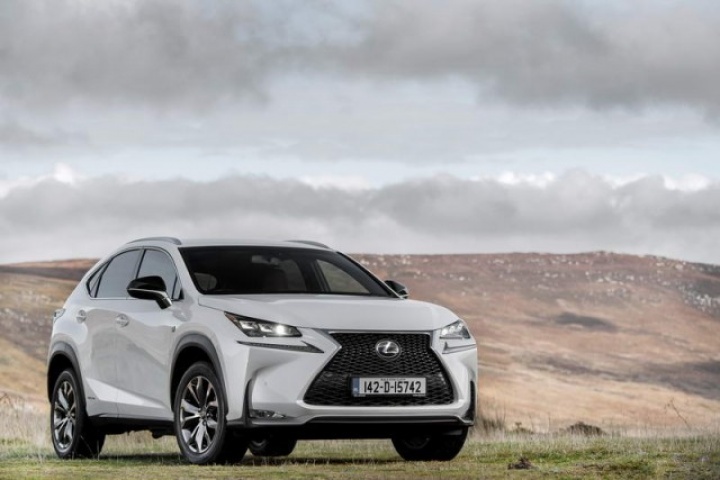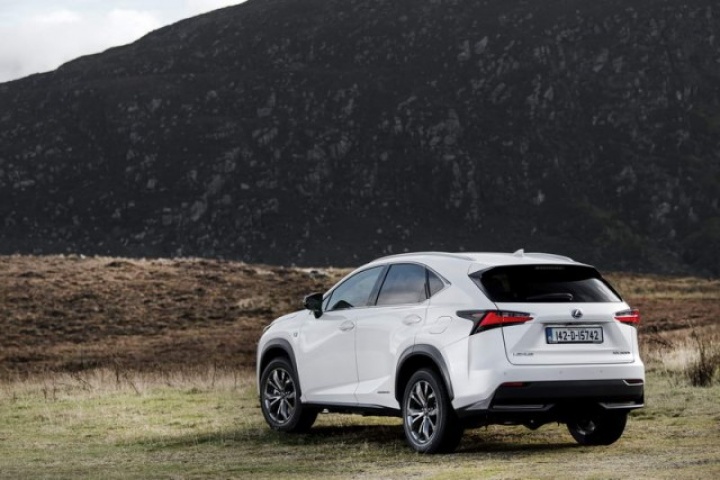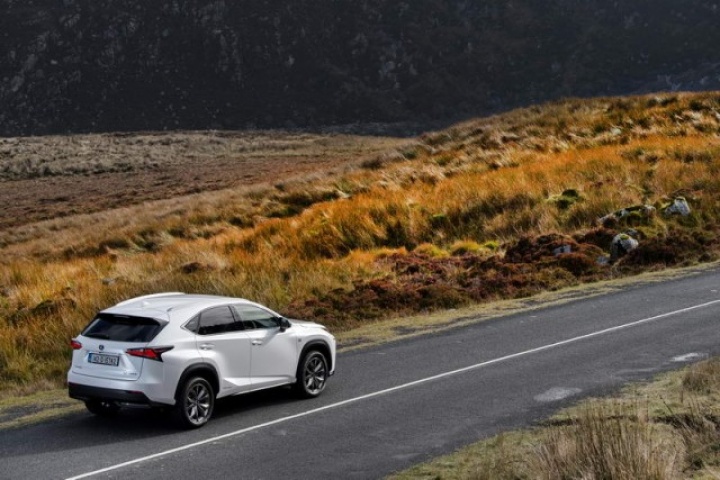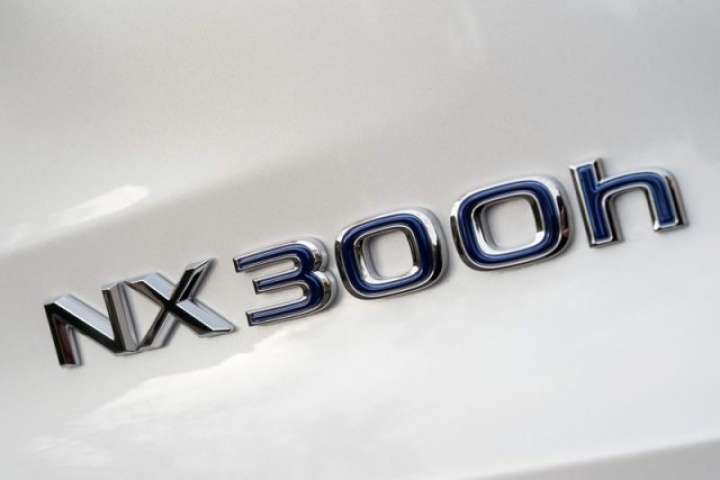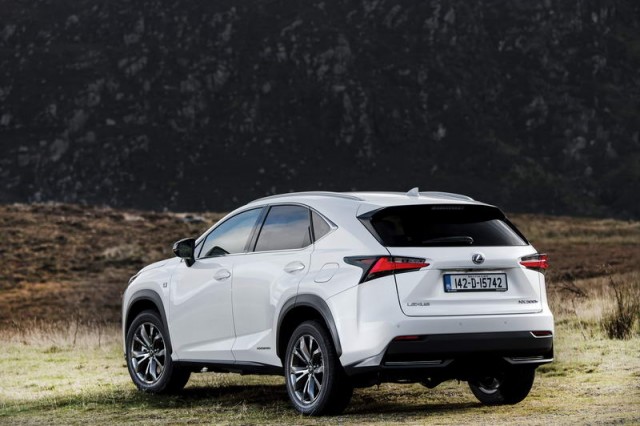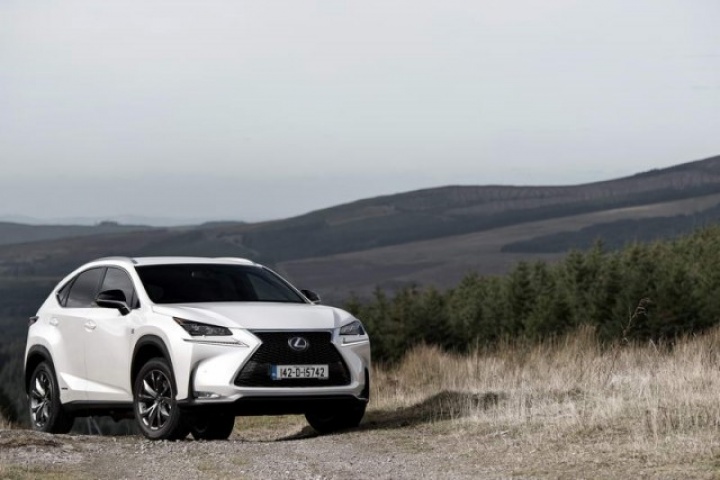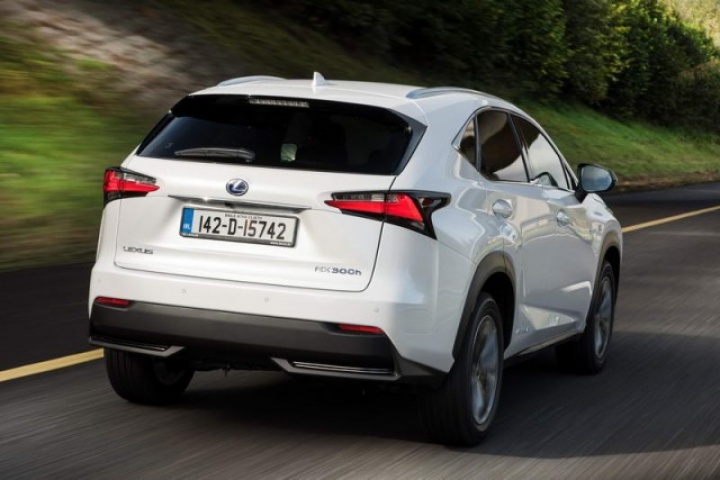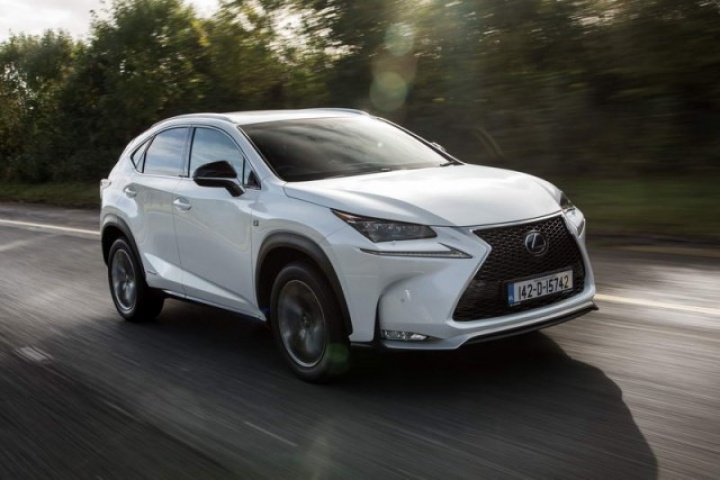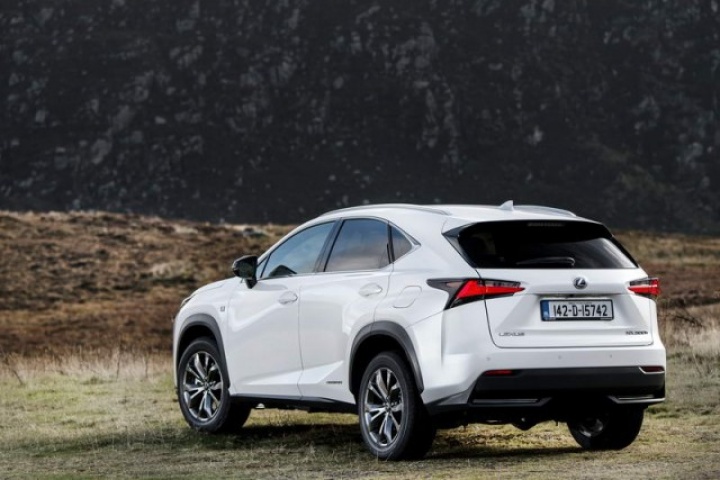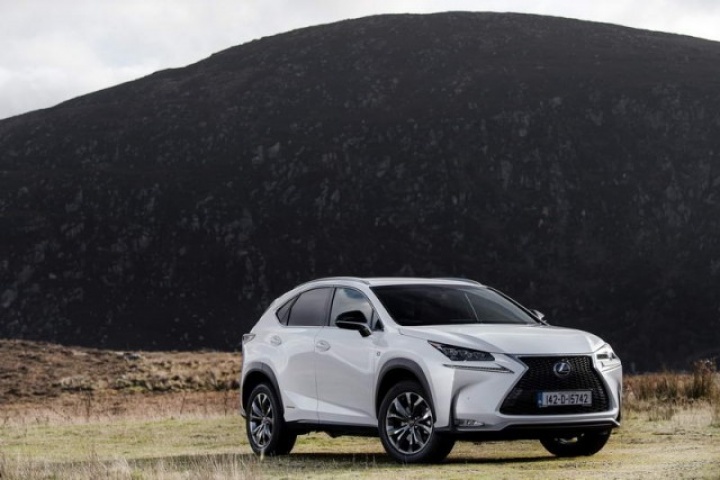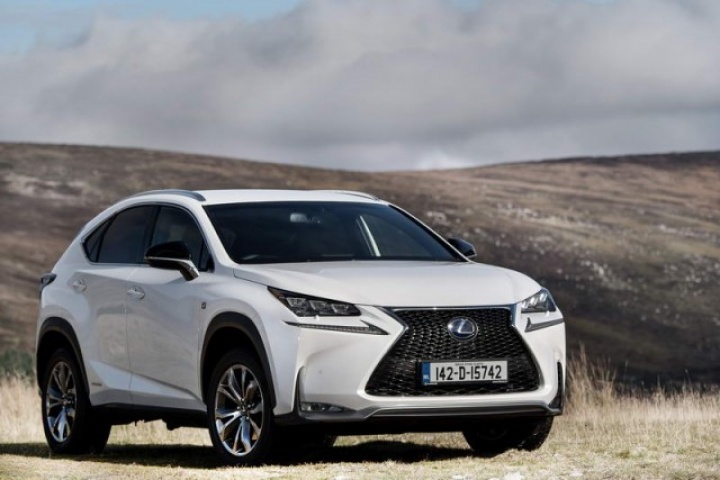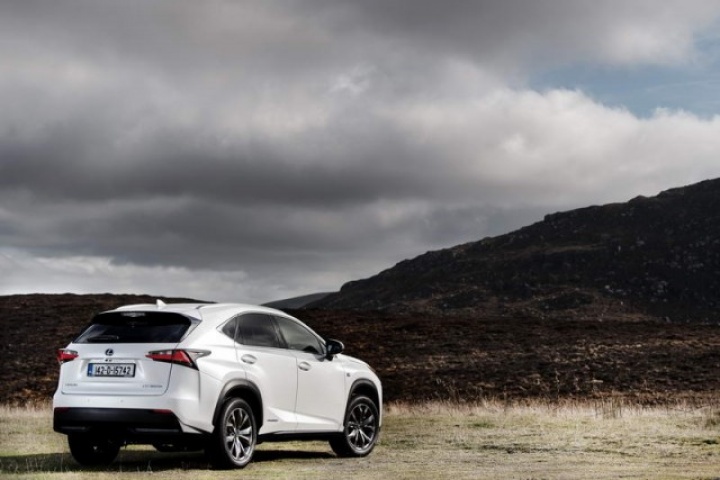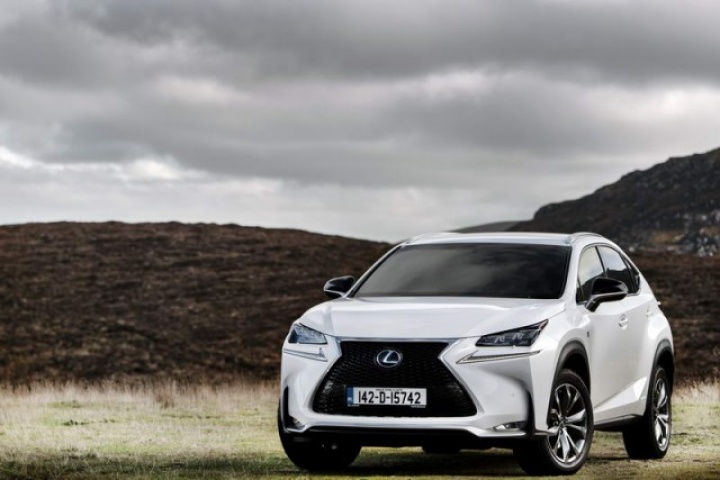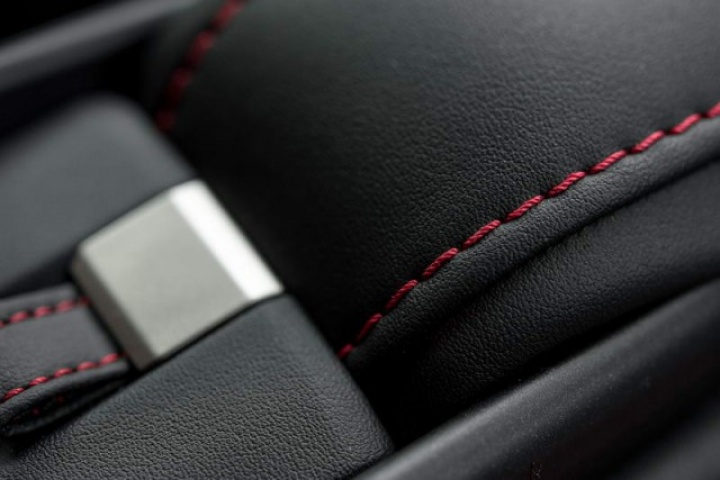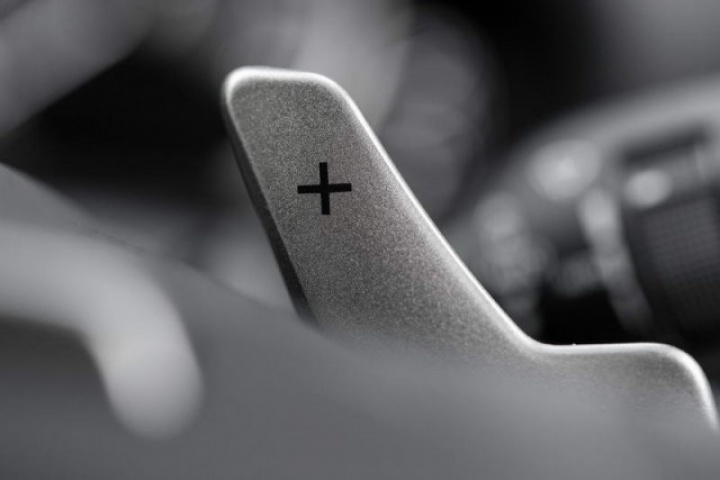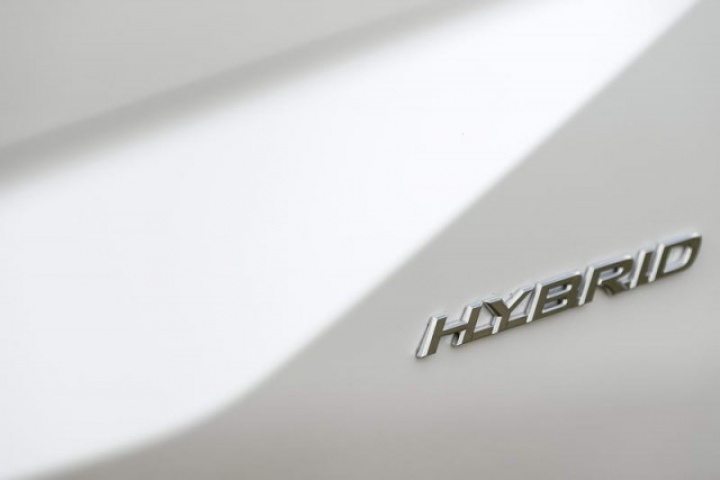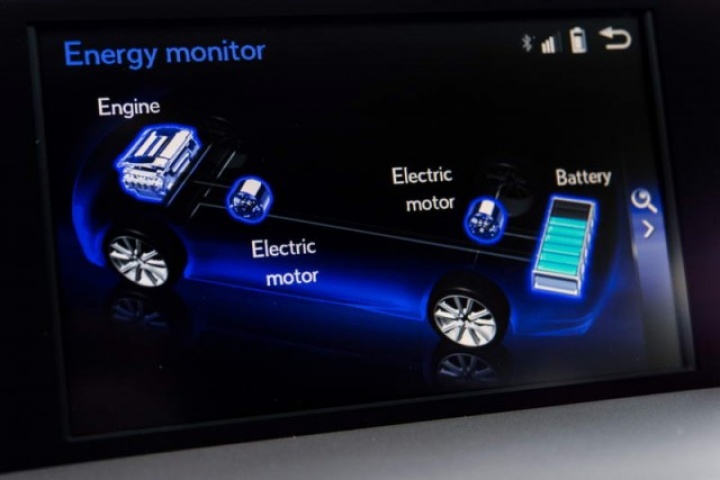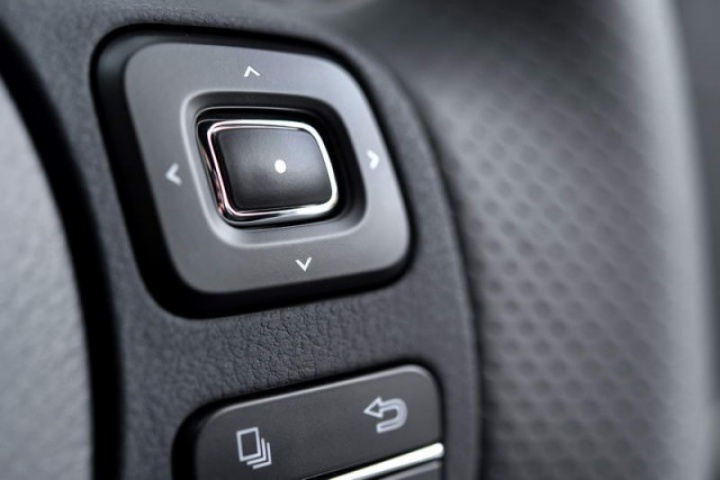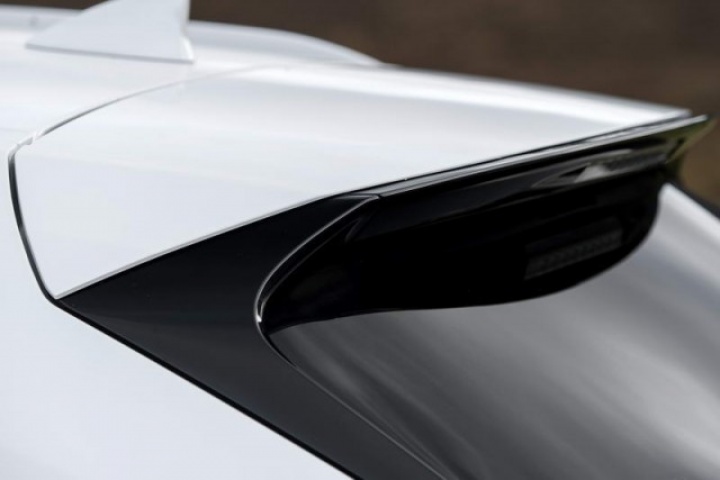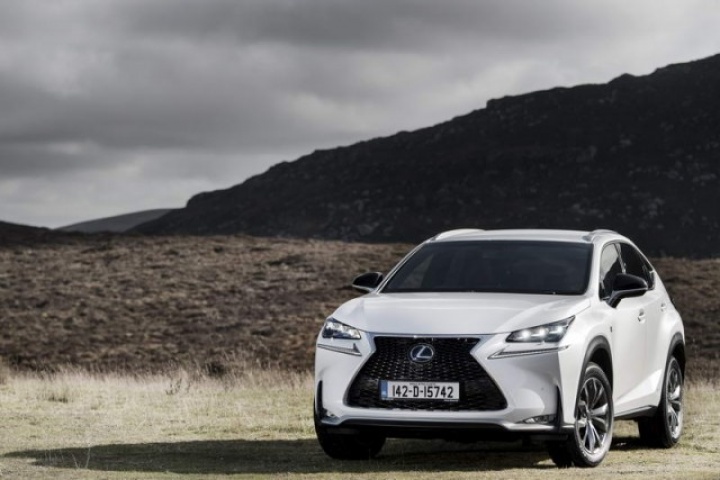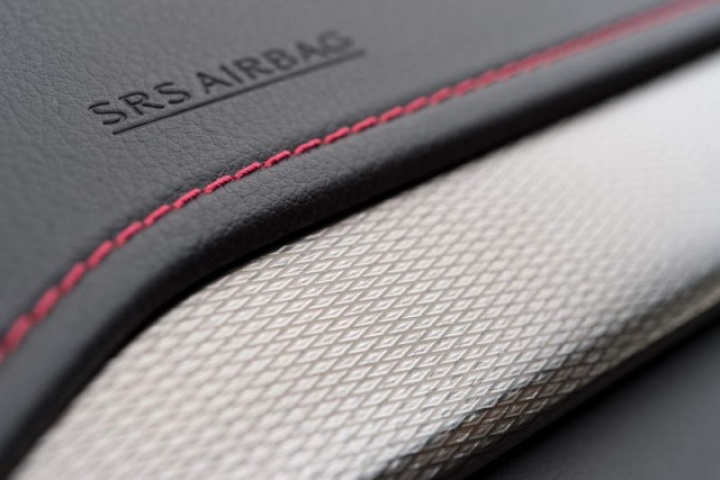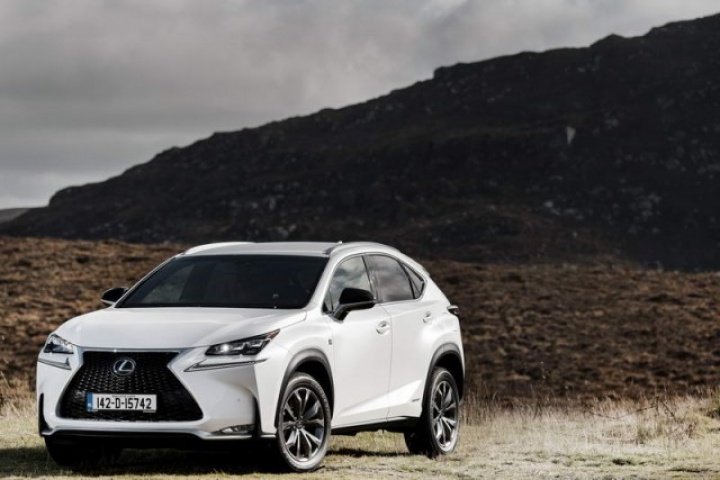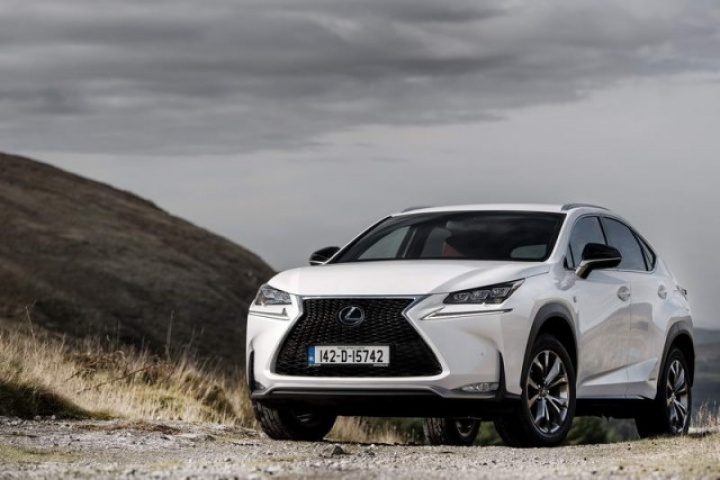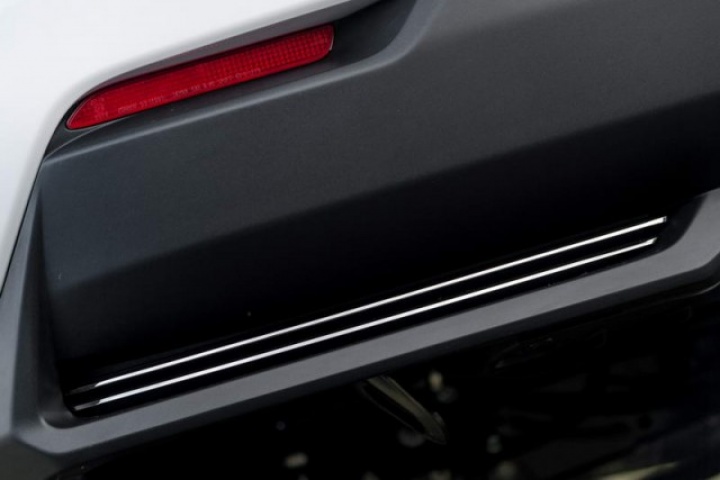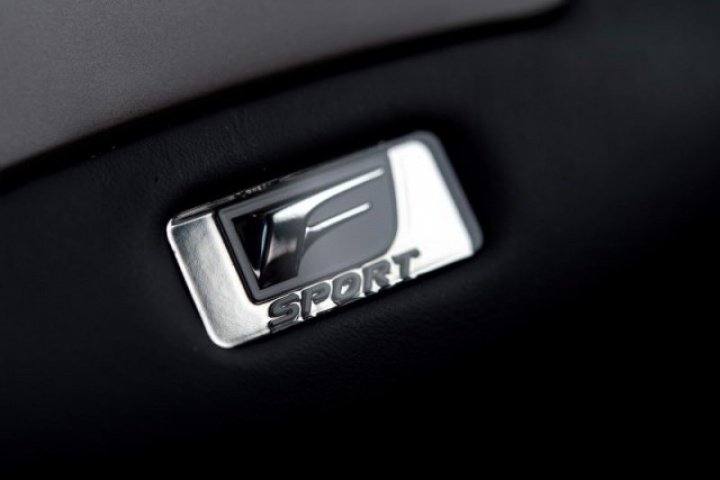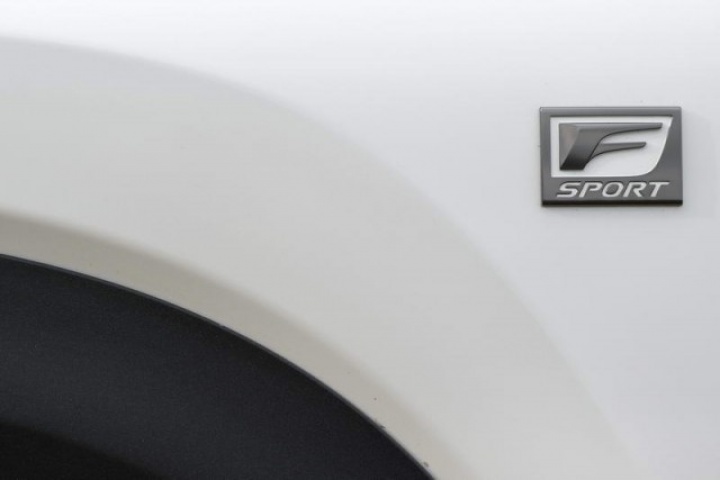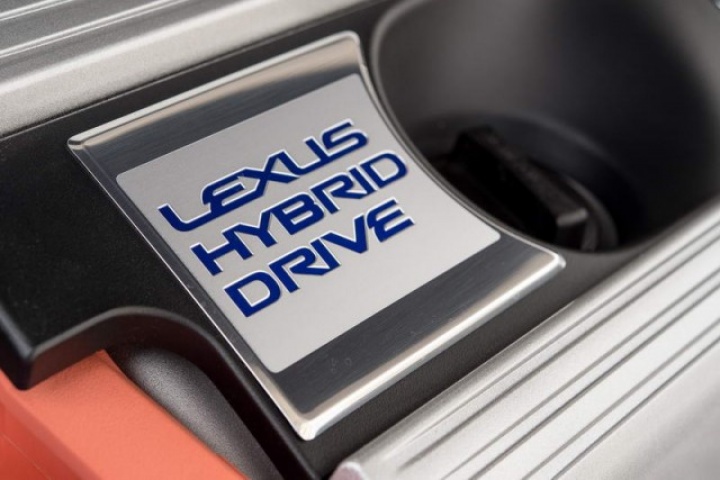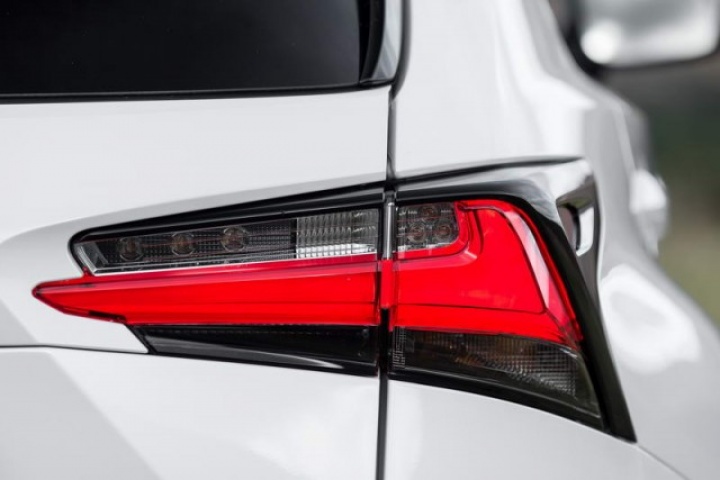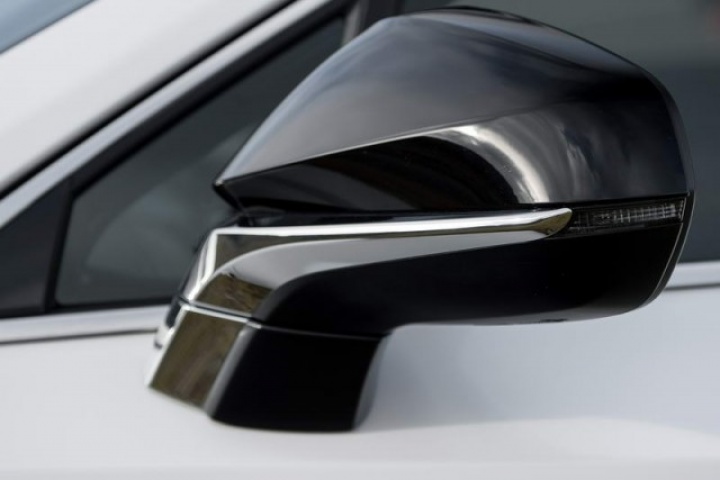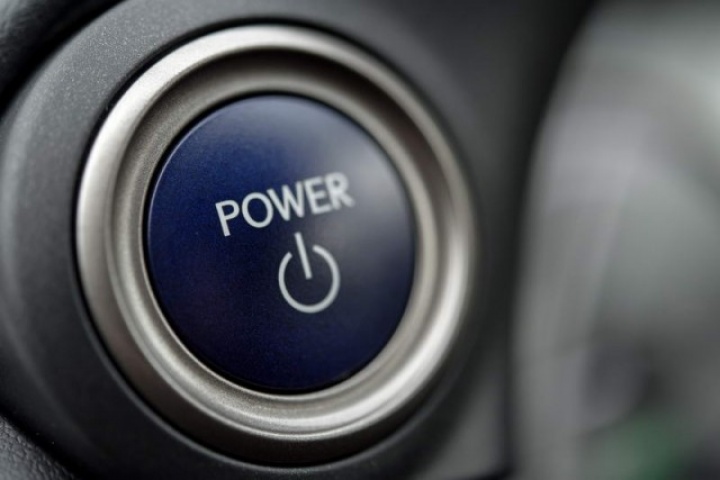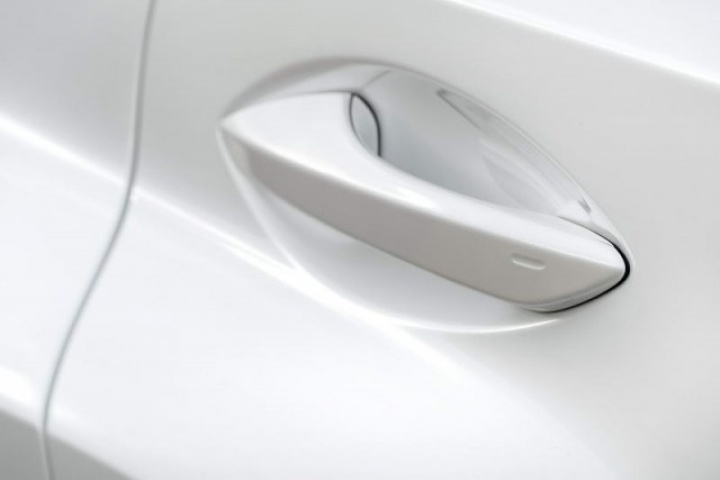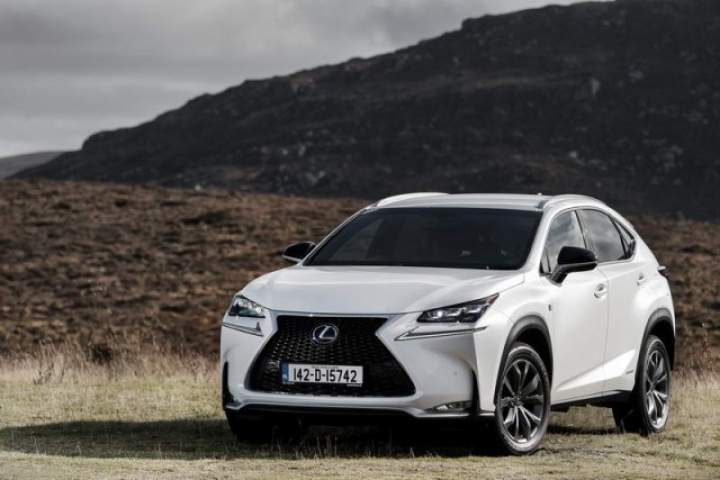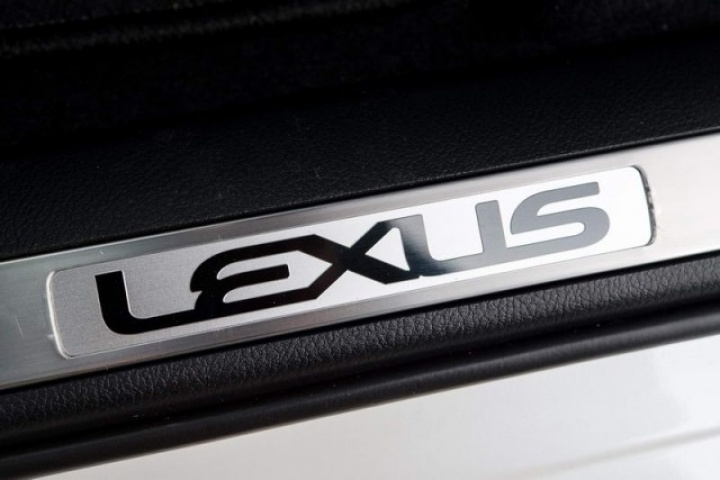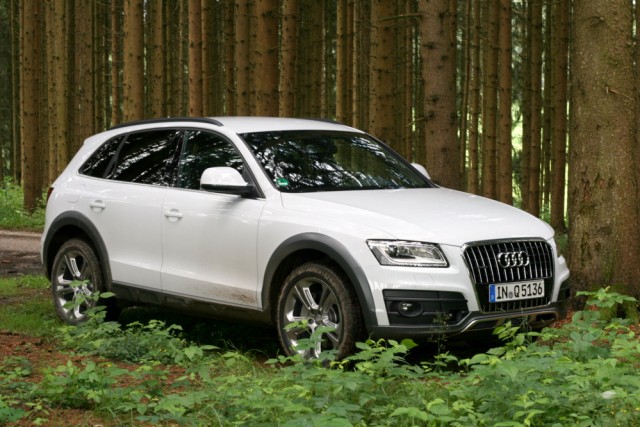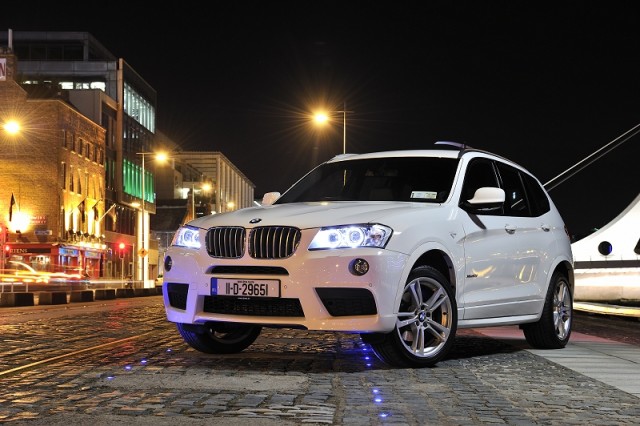Good: distinctive looks, exceptional interior, quiet in town.
Not so good: most buyers want diesel, not petrol-electric hybrid power.
Lexus is targeting a doubling of sales in Ireland in 2015 and even though we're still talking relatively low numbers, that's a big statement. The company's confidence is bolstered, not only by the improving economy, but also the arrival of the car you see here, the Lexus NX. It's a premium compact SUV, a segment that continues to grow apace, and the first such vehicle from Toyota's luxury division.
Before telling you how the NX stacks up against its established rivals we should deal with a very big elephant in the room. The NX is not and (if the manufacturer is to be believed) will never be offered with a diesel engine. An entry-level version due to arrive in 2015 will feature a turbocharged 2.0-litre petrol engine, but the vast majority of examples are expected to come with petrol-electric hybrid power - that's what the 'h' in '300h' stands for. We know what you're thinking: everyone buys diesel around here - and you'd be right, but don't dismiss the NX just yet.
The hybrid powerplant is one we've experienced in several Lexus models, though the Japanese company has comprehensively overhauled it, in a bid to answer some of our previous criticisms (we like to think). It's certainly the best installation of the system yet, with better response to the throttle and less noise than before, but it's undeniably less satisfying to drive than a decent diesel alternative. That mostly stems from the continuously variable transmission (CVT) and its inherent operating principle. We understand it's more efficient, but we don't have to like it.
In fairness, most drivers may never understand what we're banging on about. In town the NX is silky smooth and relaxing, slipping into zero emissions 'EV' mode regularly and quietly easing along. It's refined at a cruise too, but as soon as you ask for a little more performance the engine revs soar and, though the engine is less audible than in other Lexus models, it's just not desirable. Put this F Sport model into Sport mode and (along with the magic appearance of a rev counter in the instrumentation) the engine sound is 'augmented' - we'd rather it wasn't.
Nonetheless, and in spite of our prejudices against the CVT, the Lexus NX got under our skin. That's partly to do with the edgy exterior design and much to do with the cabin ambience. The interior, at least in top-spec F Sport guise, is simply the most impressive in the class. It's beautifully put together and every switch and control is weighted just so. Not only that, but it's interesting to look at and use - more so than the conservative German competitors' cabins. It feels like it's in a class above on that count.
Yet, unusually for Lexus, the NX 300h isn't priced to suggest that. There's an entry-level model from €43,950 - compared to starting (recommended retail) prices for the Audi Q5, BMW X3 and Range Rover Evoque of €42,730, €45,830 and €41,935 respectively - and all of those are with a manual transmission while the NX is always automatic. The F Sport model is costly, but it is loaded to the gunwales with equipment and apparently, in line with improved consumer confidence, that's what the market wants. The NX may not be for everyone because of a lack of a diesel engine, but we reckon Lexus will sell more of them than it expects.

